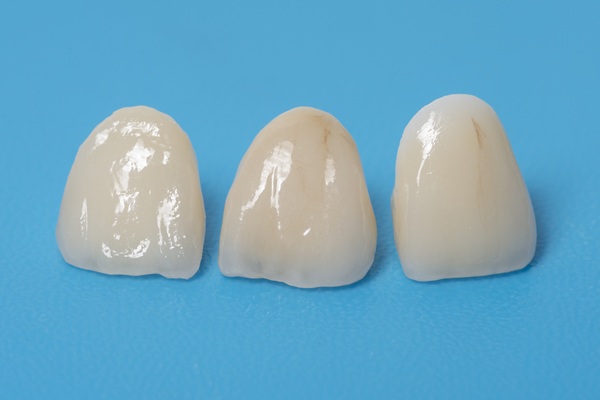Sleep Apnea: An Important Conversation to Have With Your Dentist

It might be surprising to know that the dentist may be the best person to consult if you want to learn about sleep apnea. Dentists are experienced in fabricating oral devices such as mouth guards, mold retainers, and bite splints, some of which are used to manage the condition.
Sleep apnea is a common sleep disorder that causes a person to stop breathing momentarily while sleeping. Such breath pauses can last up to a minute or two and can occur several times in an hour. Aside from loud snoring, sleep apnea patients hardly get enough rest, which could cause frequent daytime fatigue, memory, and attention disorders. Leaving sleep apnea untreated can hamper work performance and adversely affect relationships. The summary is that sleep apnea is a life-threatening that requires a professional’s attention –– the dentist.
Why discuss with the dentist?
A vital benefit of consulting your dentist about this condition is their knowledge of the temporomandibular joints (joints), which could be crucial when designing an effective oral device for treating sleep apnea. An excellent oral device can curb chronic snoring and breathing pauses.
Dentists are also better placed for diagnosing the condition because patients consult them twice yearly for dental checkups. This allows them to access the patient’s health and detect the signs of sleep apnea. Treatment is also much more convenient because they usually have a working relationship with the laboratories that fabricate the device. These facilities often only work with dental experts and after getting a prescription from the dentist.
Sleep apnea could also have adverse effects on the teeth as well. The following are three dental problems to watch out for in connection with sleep apnea:
Cracked or worn teeth
Teeth grinding or clenching during sleep –– also called bruxism –– is a common occurrence in people with sleep apnea. Teeth grinding can result in tooth sensitivity, and in severe cases, cracked or damaged teeth. Patients who are experiencing tight jaw muscles or teeth sensitivity may need to discuss with their dentist about sleep apnea.
Jaw pain
Sleep apnea is linked with chronic pain disorder such as TMJ pain. Patients who feel pain when open or moving their jaws may have the disorder.
High risk of decay
People with sleep apnea tend to breathe through their mouth, which could dry out the mouth and give decay-causing bacteria a chance to thrive. The dentist may notice enamel erosion and cavities during a routine checkup.
Fortunately, treating sleep apnea can help reduce or get rid of dental problems completely. Patients need to discuss with the dentist or sleep specialist to get the best treatment option. The dentist will also recommend solutions for the associated dental issues.
Final note
Sleep apnea is known to cause irritating symptoms such as snoring, and the breath stoppage makes it a life-threatening condition. Getting treatment from an experienced professional will help sufferers regain wellness. It is surprising how much life can change after getting treatment. If you suspect you or a loved one is suffering from sleep apnea, make sure you book an appointment with the dentist for a consultation.
Request an appointment here: https://www.esdmke.com or call Eastside Dental at (414) 888-4000 for an appointment in our Milwaukee office.
Check out what others are saying about our services on Yelp: Read our Yelp reviews.
Related Posts
Dental crowns are a reliable and durable solution for restoring the appearance and function of damaged teeth. While dental crowns are designed to last years, proper care and maintenance are essential for extending their lifespan. Following practical steps and working closely with your dentist can protect your investment and enjoy a confident smile for years.Maintaining…
Clear braces are becoming more common among patients of all ages. In past years, orthodontists chose traditional metal braces to straighten crooked teeth. However, there are advantages to using clear options instead. If you do not want your orthodontic treatment to hinder your smile, you should not have to worry. Repair your teeth without anyone…
Periodontics is a branch of dentistry that focuses on studying, diagnosing, and treating issues that affect the gums and the bone structures that support teeth. Periodontal disease is the leading dental problem that periodontics focuses on.Periodontal disease is an infection of gum tissues caused by the bacteria in plaque and tartar getting below the gum…
Emergency dentistry for a root canal is sometimes the only way to relieve your pain. Some patients may have a root canal scheduled for a future date, but they find themselves in severe pain at an inconvenient time because of tooth pain. There may even be times when a patient may not realize they need…


